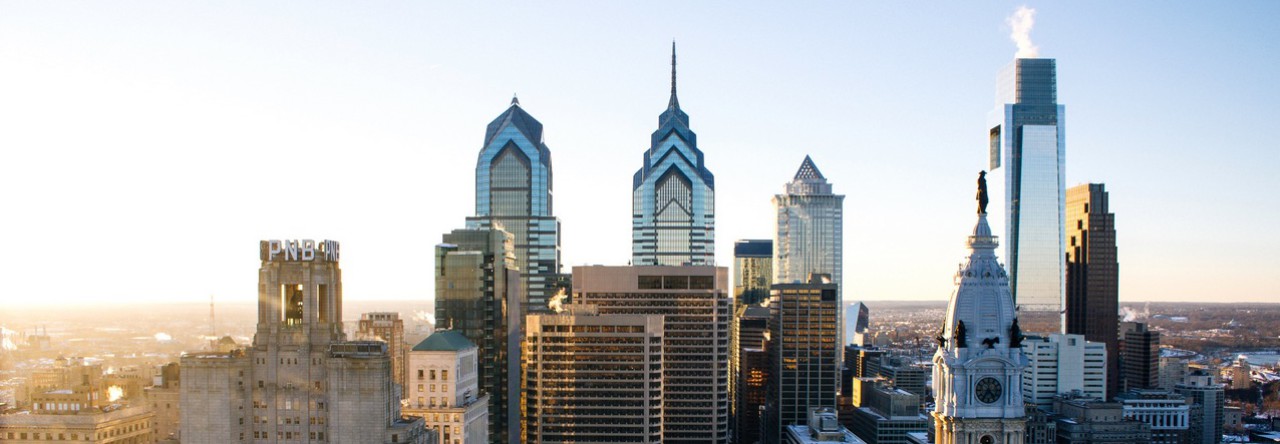 The state of Philadelphia’s school system has been tumultuous at best for years now. A constant struggle for funding that never seems to come through. Last month, school officials stated that were were taking into consideration the possibility of closing up to three schools a year to save money. This is following in the wake of the extended state budget impasse that concluded at the end of March with far less in school aid than most had anticipated.
The state of Philadelphia’s school system has been tumultuous at best for years now. A constant struggle for funding that never seems to come through. Last month, school officials stated that were were taking into consideration the possibility of closing up to three schools a year to save money. This is following in the wake of the extended state budget impasse that concluded at the end of March with far less in school aid than most had anticipated.
According to thenotebook.org, a recent study from the advocacy group Public Citizens for Children & Youth reported findings in the district such as
- Neighborhood high schools have had an average of four or more principals since 2009.
- Neighborhood high schools have lost more teachers than any other school type, with 400 positions eliminated between 2010 and 2014.
- Almost half of neighborhood high schools – nine – have no assistant principal.
- More than half the neighborhood high schools’ counselors were laid off over four years, from a total of 91 in 2010 to just 35 in 2014.
All of these turnover and staffing issues lead right back to budget constraints, and they cause staff and principals to be overworked and stretched too thin to educate appropriately. When you’re a student in this environment there just isn’t much incentive to work hard or stay on track to graduate.
From The Philadelphia Tribune: “Lisa Haver, co-founder of the Alliance for Philadelphia Public Schools, told school officials she was “shocked” by the prospect of more school closures, especially after two dozen schools, among them Germantown High School and Edward T. Bok Technical School in South Philadelphia, were shuttered in the summer months of 2014. She made the comments during a School Reform Commission meeting this week. The SRC is a state-controlled commission that oversees city schools.”
Ever since the 2012 financial troubles for the city and state, Philadelphia schools have been working in crisis mode, day-to-day, with the school district never forming a cohesive plan for fixing the problem and moving forward toward recovery. School closures are disruptive to students and faculty, can be a financial and time strain on already burdened parents, and are tumultuous for neighborhoods.
School officials say that they are committed to reinstating full time positions like counselors, nurses, librarians, and music and art programs into elementary schools and ending split-classes (the practice of teaching two grades in one room.) even in spite of these cost cutting measures.
If you know even one teacher in Philadelphia, chances are you know someone who has had to pay for paper and pencils out of their own pocket, who has had to ask for money or donations to have books to read in an English class, who has had to look to crowdfund an empty science lab with supplies payed for by strangers on DonorsChoose.org, indiegogo.com, AdoptAClassrom.org or ClassWish.org.
The mayor of Philadelphia, Jim Kenny, opposed the idea of imposing a soda tax to fight childhood obesity when we was a city council member five years ago and the issue was brought before the city council. Now, as mayor, he has just this month suggested instituting the highest soda tax in the nation. The reason for this, he says, is not to improve public health, but to make money for the city. From Business Insider: “The policy would make a 20-ounce bottle of soda $0.60 more expensive for distributors, much of which could be passed on to consumers in the form of significantly higher prices. He estimates that the more-than-$400 million that could be raised via the tax in the next half decade would fund universal preschool and “allow the city to renovate a variety of its most vital public venues.”
While the funds are not even specifically directed at schools, but multiple areas of the city that are under-funded, this soda tax comes a little out of left field. It is unlikely that a tax as high as he is proposing will pass, and taxing soda not as a health and obesity campaign, but simply as a source of revenue for underfunded areas of the budget, seems a slippery slope that most will be unwilling to tread.
The state of Philadelphia’s school system has to rely on more than the potential to start taxing items at will. It requires a plan of action, with measurable goals, and a focused allocation of resources.
What do you think is the best move for the Philadelphia school district? Tweet at @AdamGoldin_!
